Managing Chronic Illness at Home: Caregiver Tips for Better Patient Care
Chronic illnesses likediabetes, hypertension, arthritis, and respiratory diseases are rising in India, affecting millions. According to WHO, non-communicable diseases (NCDs) cause 63% of deaths in India, with 77 million diabetes cases and 220 million hypertension patients. Effective home-based care is crucial for managing these conditions, ensuring proper medication, lifestyle adjustments, and timely medical attention.

A structured approach with regular monitoring, nutrition planning, and emotional support helps improve patient well-being. With telemedicine, smart health gadgets, and caregiver support groups, at-home patient care is now more accessible. This guide provides practical caregiver tips to enhance comfort, improve health outcomes, and reduce complications.
Chronic Illness Care: What Caregivers Should Know
Chronic illnesses like diabetes, hypertension, and arthritis require long-term care and lifestyle adjustments. In India, 77 million people have diabetes, and 220 million suffer from hypertension, with 50% undiagnosed (IDF & ICMR reports). Caregivers must understand symptoms, treatment plans, and emergency protocols to ensure effective home care.
Key Points for Caregivers
- Chronic illness management requires regular monitoring and lifestyle modifications.
- 77 million Indians have diabetes, making home-based care essential.
- 220 million Indians suffer from hypertension, with half unaware of their condition.
- Understanding symptoms, medications, and emergency responses is crucial.
- Proper caregiver support improves patient well-being and prevents complications.
Home Care Tips for Managing Chronic Conditions
Managing chronic illnesses at home requires a structured routine, regular health monitoring, and emergency preparedness. Here are essential home care tips for caregivers to ensure better patient management:
- Regular Health Monitoring: Use digital devices like blood glucose meters, BP monitors, and pulse oximeters to track vital signs. Studies show that self-monitoring can reduce emergency hospital visits by 40%.
- Structured Routine: Maintain a daily schedule for meals, medication, and physical activity. Patients with chronic conditions who follow a structured routine have 30% better treatment adherence.
- Emergency Preparedness: Keep a list of emergency contacts, hospital details, and a first aid kit readily accessible. Nearly 60% of medical emergencies in India involve delayed response times, making preparedness essential for quick action.
By following these chronic illness home care tips, caregivers can improve patient well-being, reduce health risks, and enhance the quality of life for their loved ones.
Medication Management: Dosage & Timing Tips
Proper medication management is crucial for patients with chronic illnesses like diabetes, hypertension, and arthritis. In India, nearly 50% of patients with chronic conditions miss their medications, leading to complications. Here are some essential tips to ensure timely and accurate medication intake:
| Task | Best Practice |
| Pill Reminders | Use mobile apps like MedsOnTime or MyTherapy to set alerts and track dosages. |
| Storage | Keep medicines in a cool, dry place; refrigerate insulin to maintain effectiveness. |
| Doctor Visits | Schedule monthly check-ups to review and update prescriptions, reducing health risks. |
By following these medication management tips, caregivers can improve treatment adherence and help patients maintain better health outcomes.
Nutrition & Meal Planning for Patients
A well-balanced diet is key to managing chronic conditions and preventing complications. Here are condition-specific nutrition tips for better health:
- Diabetic Patients: Include high-fiber foods like millets, leafy greens, and lean proteins to regulate blood sugar. A fiber-rich diet can lower blood sugar spikes by 25%.
- Hypertension: Follow a low-sodium diet by avoiding processed foods and excess salt. Studies show that reducing salt intake by 30% can lower blood pressure significantly.
- Arthritis: Consume anti-inflammatory foods like turmeric, ginger, and omega-3-rich fish to reduce joint pain. Omega-3s can decrease arthritis symptoms by 35%.
- Meal Prep Tip: Use a weekly meal planner to ensure balanced nutrition, making it easier to maintain consistency in dietary habits.
By following these nutrition and meal planning tips, caregivers can help patients manage their conditions effectively and improve their overall quality of life.
Creating a Safe & Comfortable Home
Ensuring a safe and comfortable home environment is essential for patients with chronic illnesses. In India, nearly 1 in 3 elderly individuals experience falls at home, leading to serious injuries. Here are some key safety measures:
- Fall Prevention: Install handrails, anti-slip mats, and adequate lighting to minimize accident risks. Falls contribute to 40% of hospital admissions among seniors.
- Hygiene Maintenance: Regularly disinfect surfaces and ensure proper ventilation to prevent infections, especially for those with respiratory illnesses.
- Accessible Spaces: Arrange furniture strategically for easy movement, especially for elderly or mobility-impaired patients. Homes with barrier-free designs reduce fall risks by 50%.
Providing Emotional Support to Patients
Mental well-being is as crucial as physical health. Studies show that over 45 million people in India suffer from depression, with many chronic patients experiencing anxiety. Caregivers can provide support through:
- Encouragement: Motivate patients to stay active and socially engaged. Social interactions improve mental well-being by 30%.
- Stress Reduction: Introduce meditation, yoga, or light activities to help manage stress and improve overall mood. Yoga can lower stress levels by 40%.
- Counseling: Seek professional help if patients show signs of depression or anxiety, ensuring timely intervention.
By creating a safe home environment and providing emotional support, caregivers can enhance both physical and mental well-being for their loved ones.
Communicating with Healthcare Providers
Effective communication with doctors and healthcare professionals is vital for managing chronic illnesses efficiently. In India, where 75% of healthcare consultations still happen in-person, leveraging digital health tools can improve patient outcomes. Here’s how caregivers can streamline communication:
- Maintain a Health Journal: Keep records of medical history, lab reports, and symptoms for accurate diagnosis and treatment. Patients who track symptoms regularly experience 20% better disease management.
- Prepare for Doctor Visits: Attend appointments with a list of questions to clarify treatment plans, medication changes, and lifestyle adjustments. Proper preparation can reduce follow-up visits by 30%.
- Use Telemedicine Services: Platforms like Practo and Apollo 24/7 allow remote consultations, reducing travel hassles and ensuring timely medical advice. In 2023, telemedicine use in India increased by 40%, making healthcare more accessible.
By staying organized and proactive, caregivers can ensure better medical coordination and improve long-term health outcomes for their loved ones.
Self-Care for Caregivers: Avoiding Burnout
Caring for a loved one with a chronic illness can be physically and emotionally exhausting. In India, over 50% of caregivers report experiencing stress, fatigue, and burnout due to continuous caregiving responsibilities. To ensure their own well-being, caregivers should focus on self-care strategies:
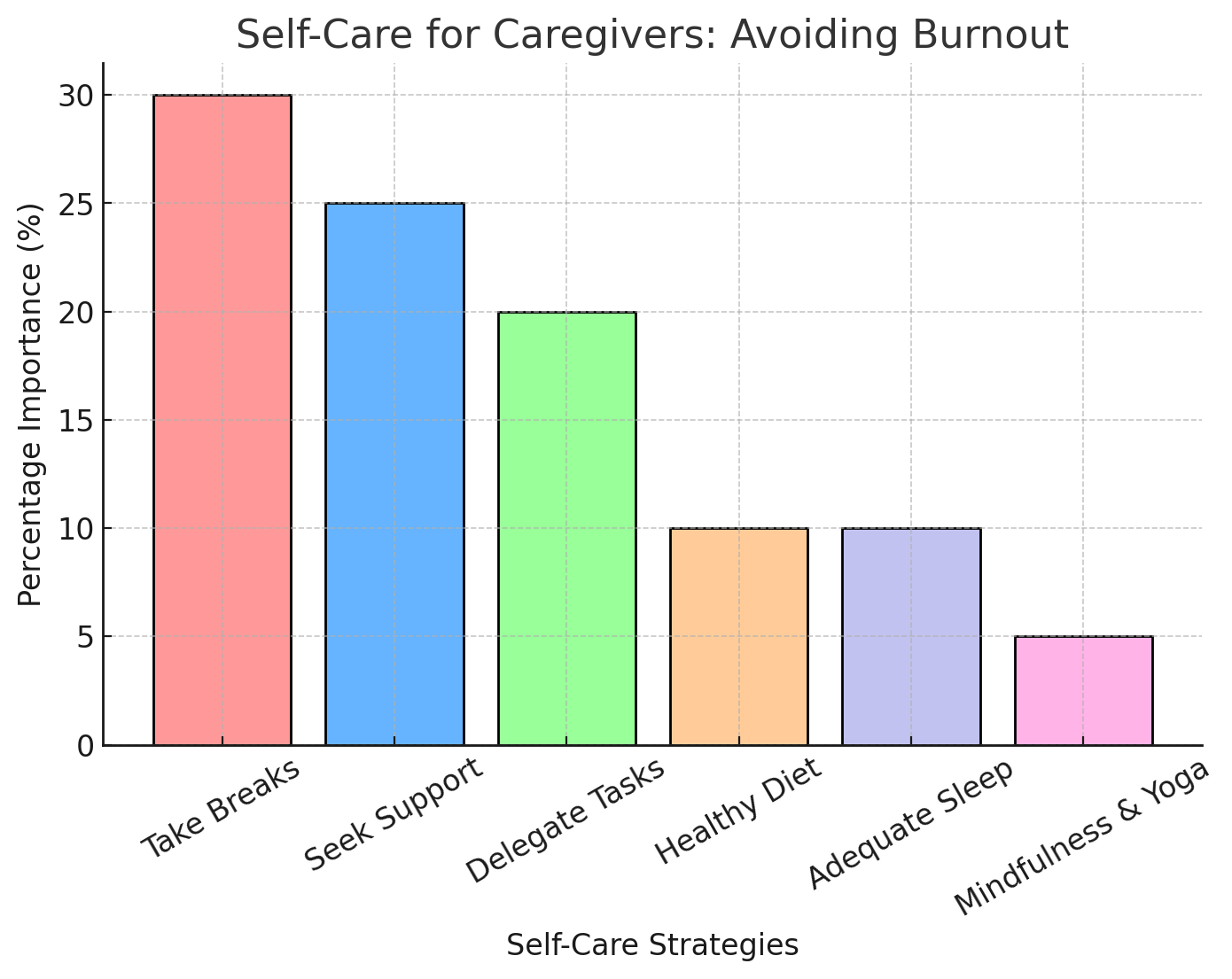
Tech & Tools for Better Home Healthcare
With advancements in health technology, managing chronic illnesses at home has become more efficient. India’s digital healthcare market is expected to reach $37 billion by 2030, highlighting the growing role of tech-driven home care solutions. Here are essential tools for better patient care:
- Smart Health Gadgets: Devices like BP monitors, glucometers, and smartwatches help track vital signs. Regular monitoring can reduce emergency hospital visits by 30%.
- Health Apps: Platforms like Aarogya Setu and Tata Health assist in symptom tracking, medication reminders, and virtual consultations. Over 50 million Indians use mobile health apps for self-care.
- Elderly Assistance: AI-based home assistants like Amazon Echo help seniors with medication reminders, emergency calls, and voice-activated controls, enhancing independent living.
When to Seek Professional Help
While home care is beneficial, certain situations require immediate medical intervention. Ignoring warning signs can lead to severe health complications. Seek professional help if:
- Sudden Deterioration in Health: Signs like uncontrolled sugar levels, persistent pain, or breathing issues indicate the need for urgent care. In India, 40% of diabetic patients face hospitalization due to delayed intervention.
- Non-Adherence to Medication: If a patient frequently forgets or refuses medication, consult a doctor to adjust treatment plans or explore alternative solutions.
- Severe Mental Distress: Persistent sadness, withdrawal from social activities, or signs of depression require immediate psychological support. Over 15% of elderly Indians suffer from mental health disorders due to chronic illness.
By integrating technology into home care and recognizing critical health signs, caregivers can ensure timely medical support, improving overall patient safety and well-being.
Conclusion
Managing chronic illness at home requires a balanced approach of medical care, lifestyle adjustments, and emotional support. With chronic diseases rising by 60% in India, structured care is essential.
Regular health monitoring, proper nutrition, and smart health tools improve patient outcomes, while telemedicine ensures timely intervention. Caregivers must also prioritize self-care, as burnout affects 50% of them.
By planning ahead and using modern healthcare solutions, caregivers can provide quality home care, ensuring a comfortable and dignified life for their loved ones.
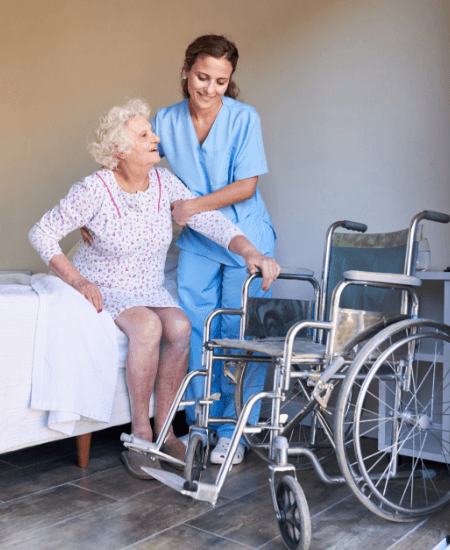










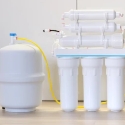
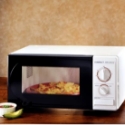


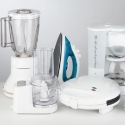



Post a Comment